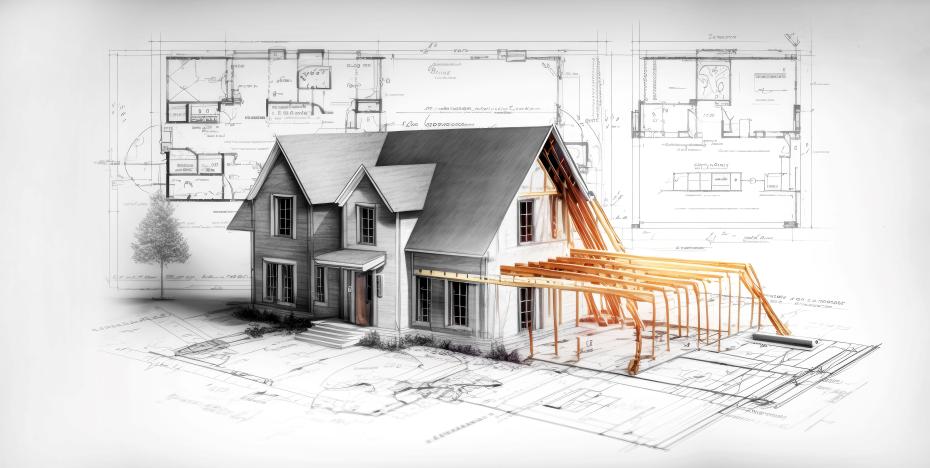
Dr Ruchit Purohit
Bye-Fellow, Director of Studies
Why choose Design at Girton?
Girton was designed like no other college, to launch what was then a bold new experiment in education. Ever since then, Girton has been at the forefront of educational innovation. Innovative design is visible through the college, in our spaces, our facilities, and the way the college interacts with and responds to its beautiful green surroundings. Students can be inspired by ever-evolving design challenges and solutions – from the furniture and fittings custom-made by and for our first pioneering students to the 21st-century sensory garden. And there is no better college than Girton to consider issues of sustainability and the possibilities of both traditional and modern materials.
Girton has a close-knit community of Design students. Design is a new subject and students here have the opportunity to shape the subject community, alongside related subjects such as Architecture. The College library stocks a broad selection of material on design and related disciplines, from historical and theoretical texts, to manuals about materials science, structural engineering, construction processes and environmental design.
Integrating the arts and sciences, the Design course will challenge you to think about global problems such as climate change and give you the skills to help create solutions to them.
Design combines architecture, engineering and materials science in one degree, giving you the opportunity to design solutions to environmental and societal challenges. You will learn how small and large-scale designs such as physical objects, apps, artificial intelligence, electronics or architecture and planning systems can influence people, cultures, economies and the natural world.
The course is structured around a series of core studio projects which will require you to create solutions to real-world problems: from planning stage through to pitching a final product and evaluating user impact. For most projects, you will be working with stakeholders such as clients, end-users and suppliers. Outside of the studio, you will learn about related subjects including design history, philosophy, mathematics, engineering and natural sciences, which will then be applied to your design projects.
Based in the Department of Architecture, you will have access to a variety of facilities such as workshops, studios, reprographics, flexible co-working spaces and a new digital fabrication lab.
